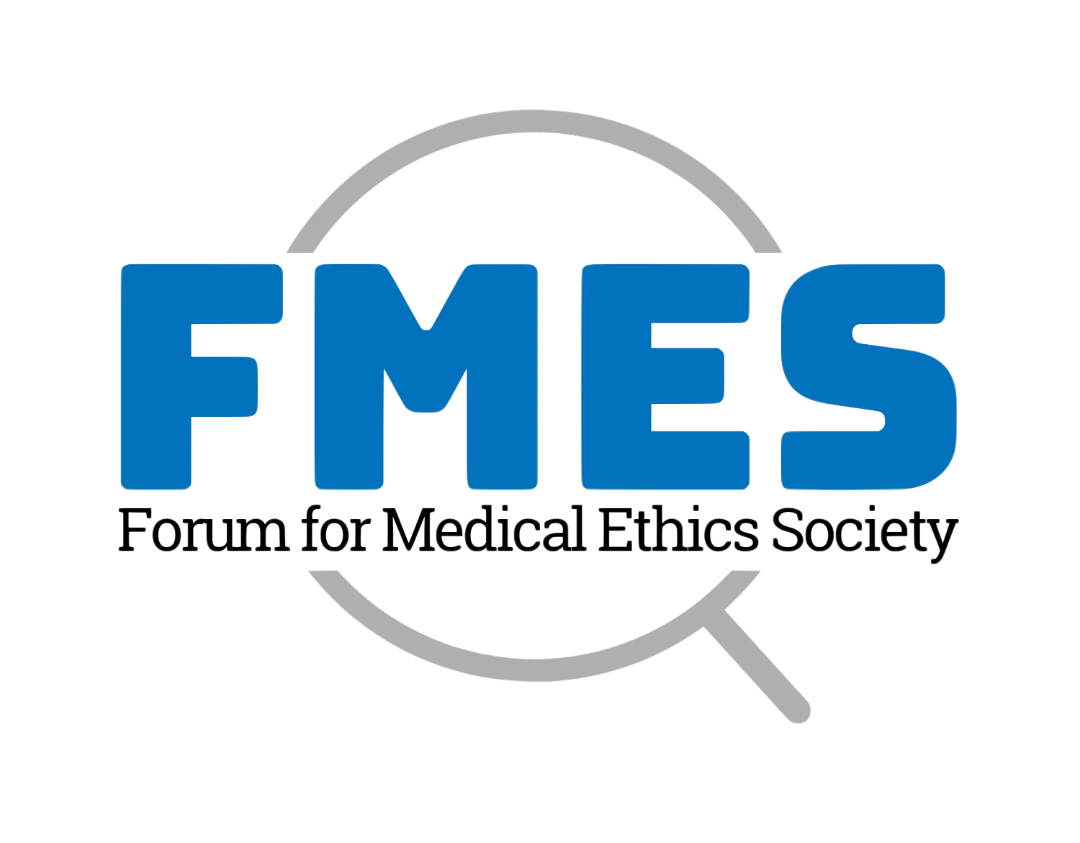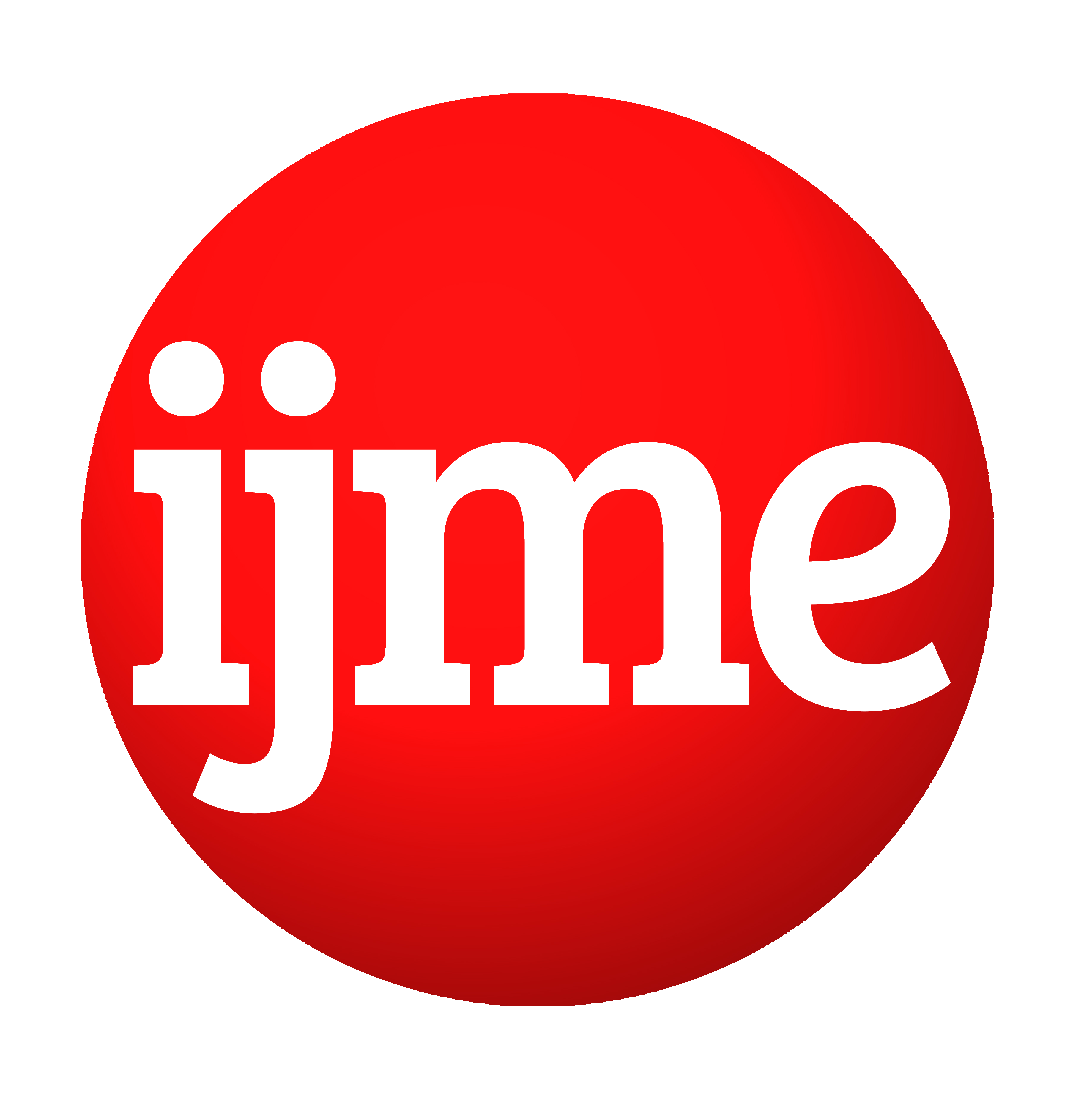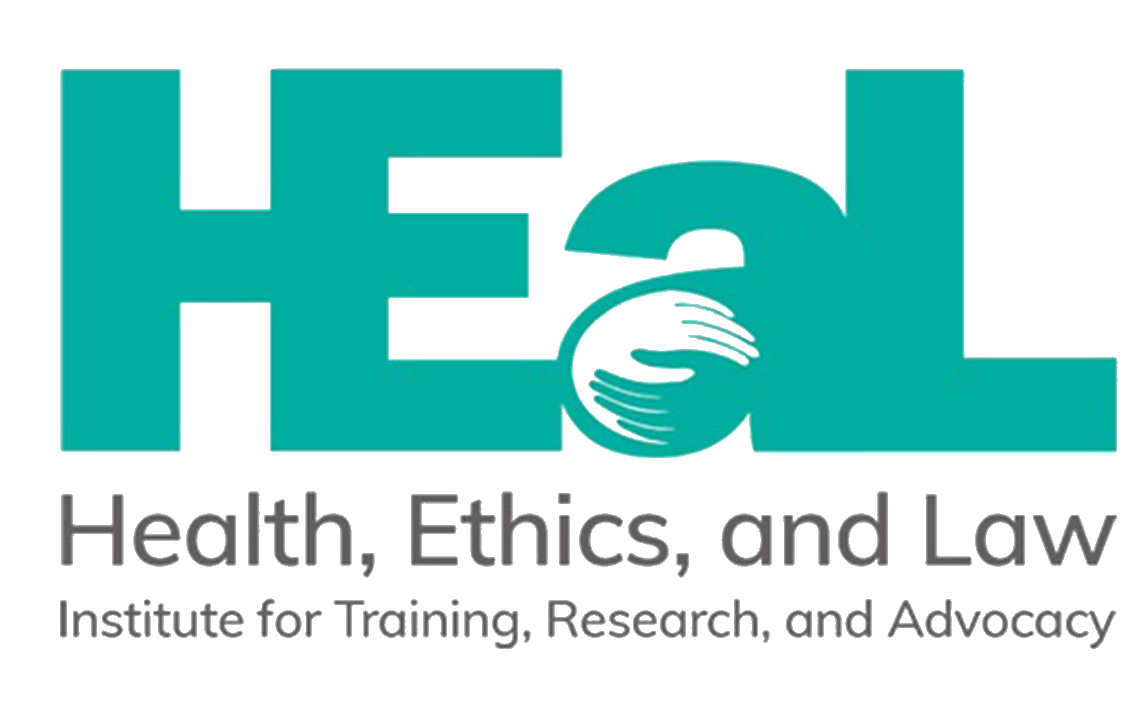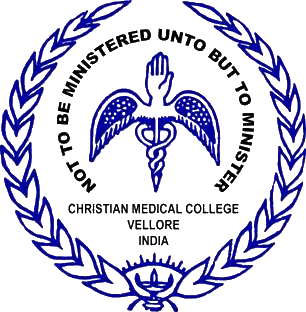Conference Workshops
AI & Forensic Medicine: The Future of Justice & Ethics!
Being co-hosted by
Forum for Medical Ethics Society (FMES) and Indian Journal of Medical Ethics (IJME), and Christian Medical College Vellore (CMC Vellore)
Date: Wednesday, April 2, 2025
Mode: Online
Time: 1700 to 1900hrs
Post Conference Workshops
10th National Bioethics Conference
A pre-conference training and peer engagement workshop
On
Artificial Intelligence (AI) in Healthcare:
Learning together towards responsible AI
Being co-hosted by
Indian Institute of Technology Madras (IITM),
Forum for Medical Ethics Society (FMES) and Indian Journal of Medical Ethics (IJME), and Christian Medical College Vellore (CMC Vellore)
Date: Tuesday-Wednesday, January 28-29, 2025
Mode: In-person
Venue: Seminar Hall, Block-1, Department of Biotechnology, IIT Madras, TN, India
Time: 0900 to 1730hrs





